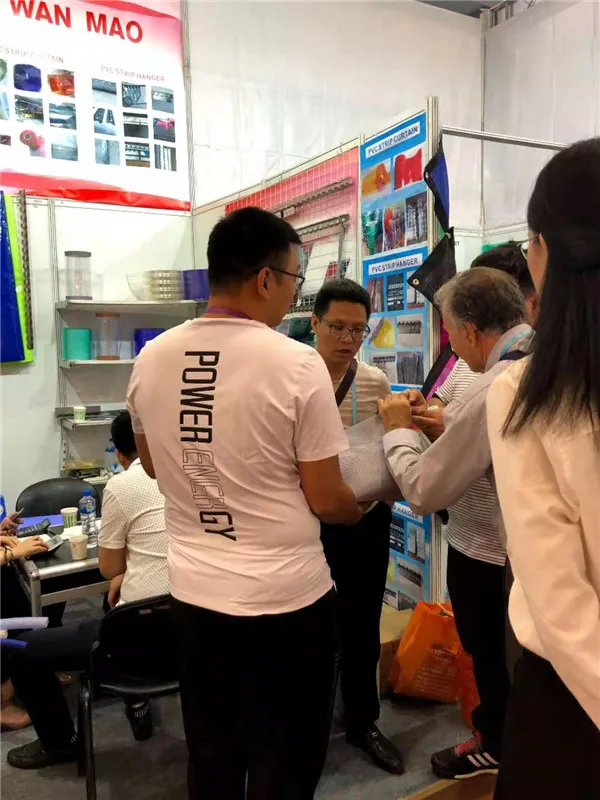- Afrikaans
- Albanian
- Amharic
- Arabic
- Armenian
- Azerbaijani
- Basque
- Belarusian
- Bengali
- Bosnian
- Bulgarian
- Catalan
- Cebuano
- Corsican
- Croatian
- Czech
- Danish
- Dutch
- English
- Esperanto
- Estonian
- Finnish
- French
- Frisian
- Galician
- Georgian
- German
- Greek
- Gujarati
- Haitian Creole
- hausa
- hawaiian
- Hebrew
- Hindi
- Miao
- Hungarian
- Icelandic
- igbo
- Indonesian
- irish
- Italian
- Japanese
- Javanese
- Kannada
- kazakh
- Khmer
- Rwandese
- Korean
- Kurdish
- Kyrgyz
- Lao
- Latin
- Latvian
- Lithuanian
- Luxembourgish
- Macedonian
- Malgashi
- Malay
- Malayalam
- Maltese
- Maori
- Marathi
- Mongolian
- Myanmar
- Nepali
- Norwegian
- Norwegian
- Occitan
- Pashto
- Persian
- Polish
- Portuguese
- Punjabi
- Romanian
- Russian
- Samoan
- Scottish Gaelic
- Serbian
- Sesotho
- Shona
- Sindhi
- Sinhala
- Slovak
- Slovenian
- Somali
- Spanish
- Sundanese
- Swahili
- Swedish
- Tagalog
- Tajik
- Tamil
- Tatar
- Telugu
- Thai
- Turkish
- Turkmen
- Ukrainian
- Urdu
- Uighur
- Uzbek
- Vietnamese
- Welsh
- Bantu
- Yiddish
- Yoruba
- Zulu
soft pvc board
Exploring Soft PVC Boards Versatility and Applications
Soft PVC boards, also known as flexible polyvinyl chloride boards, have gained significant popularity across various industries due to their unique properties and versatile applications. With a blend of durability, lightweight characteristics, and ease of manipulation, these boards serve as an ideal solution for numerous projects in both commercial and residential settings.
What is Soft PVC?
Soft PVC is a type of plastic derived from polyvinyl chloride (PVC), modified to achieve flexibility. Unlike its rigid counterpart, soft PVC exhibits a rubber-like texture that allows for bending and shaping without breaking. This flexibility, combined with its strength, makes soft PVC a favored material for a variety of uses.
Key Properties of Soft PVC Boards
One of the standout features of soft PVC boards is their impressive resistance to moisture, chemicals, and environmental factors. This makes them particularly suitable for outdoor applications and areas exposed to harsh conditions. Additionally, soft PVC is resistant to UV radiation, ensuring that colors remain vibrant and materials do not degrade over time.
Soft PVC boards also offer excellent acoustic properties, effectively reducing sound transmission, making them a popular choice for soundproofing in offices, studios, and homes. Furthermore, the lightweight nature of these boards simplifies transportation and installation, allowing for quick and cost-effective project implementation.
Applications of Soft PVC Boards
1. Signage and Advertising In the realm of marketing, soft PVC boards are frequently utilized for signage, banners, and promotional displays. Their ability to be printed on easily and cut into various shapes makes them highly customizable for businesses seeking to attract attention.
soft pvc board

2. Interior Design Soft PVC is increasingly used in interior design for wall cladding, decorative panels, and furniture applications. The flexibility of the material allows designers to create intricate shapes and designs, enhancing the aesthetic appeal of spaces.
3. Packaging Solutions In the packaging industry, soft PVC boards are used to create packaging for fragile items. Their cushioning properties help protect products during transit, reducing the risk of damage.
4. Arts and Crafts Artists and hobbyists often turn to soft PVC boards for various creative projects. The material is easy to cut, shape, and glue, enabling the creation of everything from model making to custom crafts.
5. Automotive Industry The automotive sector utilizes soft PVC for various interior components, such as dashboards and trim, due to its lightweight and durable qualities. Its resistance to wear and tear ensures long-lasting performance in vehicles.
Sustainability Considerations
While the benefits of soft PVC boards are plentiful, it is important to consider the environmental impact of PVC production and disposal. Manufacturers are increasingly focusing on sustainability by exploring recycling options and developing eco-friendly alternatives. Utilizing recycled PVC can help mitigate waste and promote a more sustainable approach to using plastic materials.
Conclusion
In conclusion, soft PVC boards represent a fascinating blend of versatility, durability, and practicality. Their applications span a wide range of industries, making them an invaluable resource for countless projects. As the market continues to innovate towards sustainable practices, the future of soft PVC appears promising, ensuring that this material will maintain its relevance in an ever-evolving landscape. Understanding and harnessing the potential of soft PVC can empower businesses and individuals alike to create impactful, resilient solutions.
-
Durable Yellow PVC Curtains: Energy Saving & Clear VisibilityNewsAug.12,2025
-
Durable PVC Strip Curtain Hanger | Stainless Steel for DoorsNewsAug.11,2025
-
Durable & Flexible PVC Strip Curtain Track SystemsNewsAug.10,2025
-
Wholesale Strip Curtains: Durable PVC & Freezer SolutionsNewsAug.09,2025
-
Heavy Duty Butcher Plastic Curtains - Thick PVC StripsNewsAug.08,2025
-
PVC Curtain Strips Price: Affordable Plastic Strip DoorsNewsAug.07,2025



